Crossposed on rhizomicon.
The Hitler “rant” meme has been around for a few years, but recently it has been targeted on YouTube for copyright violations thanks to a new YouTube tool, Content ID. The original content is from The Downfall/Der Untergang {2004}, a German language film about the last days of Hitler. The above video is an example of the meme and takes a few good jabs at the recent spate of copyright takedowns. Knowyourmeme has posted a video on how to resist these copyright “trollings”.
Exceptions to copyright infringement often hinge upon arguments to allow critique and creativity. While a Hitler parody may not be “high art” and many would scoff at its creativity, where should the lines be drawn? Old media rules of intellectual property are all about the property and gaining revenue streams from property right. Like it or not, those days are over and deep pockets for lawyers notwithstanding, taking that approach is in the long run futile. The music industry is slowly learning that the music is the loss leader. The real money is in touring, merch., licensing, and capitalizing on the relationship with the fanbase. Filesharing can feed the new model by providing an avenue to cut through the clutter.
So, how to deal with all of this “new” media stuff {which isn’t all that new nowadays} and social media when you’re trying to make a buck. Well, I’ve actually seen The Downfall. It’s pretty good, but not for everyone. If I were Constantin Film or advising them this is what I would tell them to do::
- Get the film on a site like The Auteurs, which allows Internet pay-per-view
- Use the parody videos to market the film on Internet PPV & DVD and capitalize on the ongoing buzz
- Use inline ads on YouTube to get users to view/purchase
Everybody wins. Creative mashups live on. Low-cost marketing can drive additional revenues, albeit in dribs and drabs, but why leave those dollars on the table? What kind of capitalists are you?
While some in entertainment might balk at the idea of work being repurposed and parodies may do violence to the “brand”, don’t we live in an era of the death of the author.
Song:: Beastie Boys-‘Cookie Puss’
Twitterversion:: “Hitler rant” meme takedowns in force, but why not leverage the buzz, remarket, & allow creative expression?#ThickCulture @Prof_K

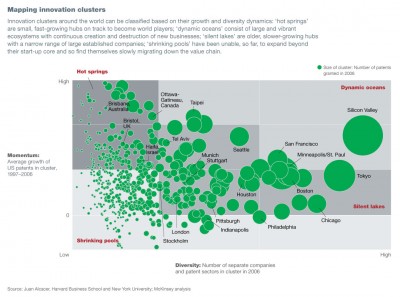
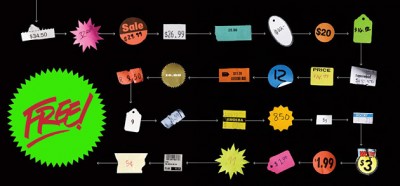 Macleans had two articles on the buzz generated by
Macleans had two articles on the buzz generated by 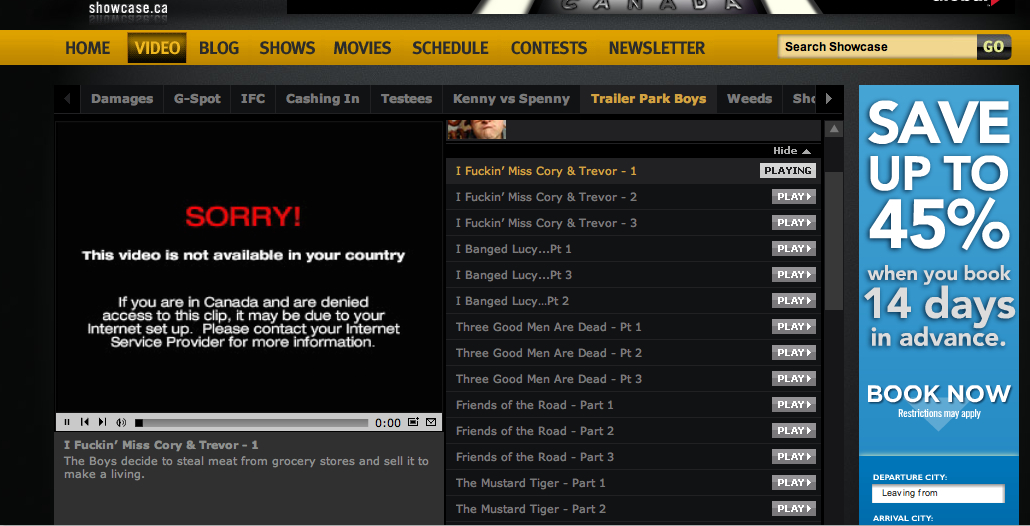
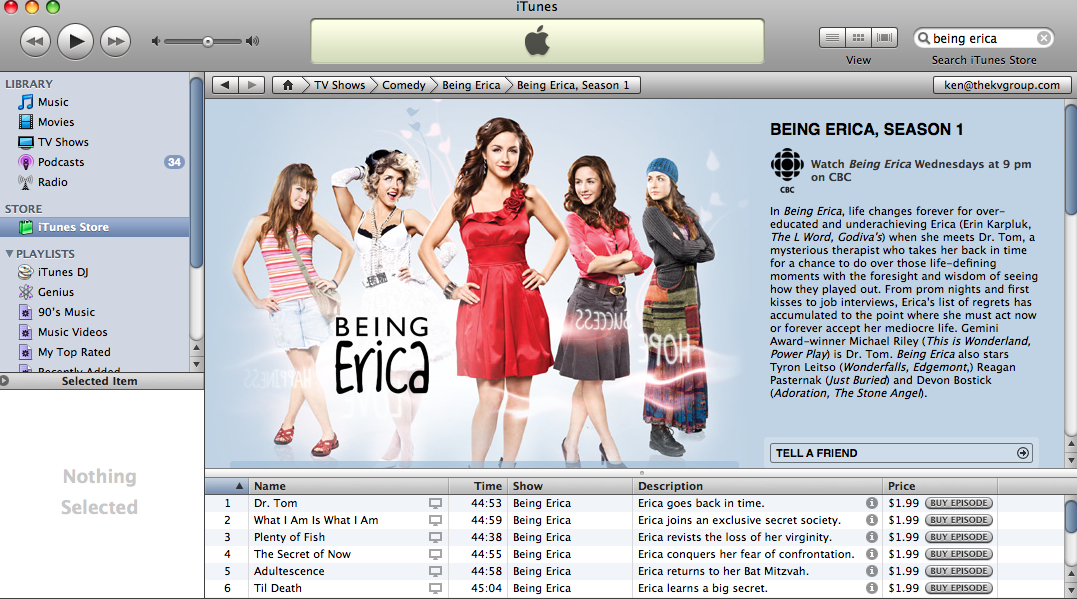 Over the holidays, I saw CBC really hyping
Over the holidays, I saw CBC really hyping 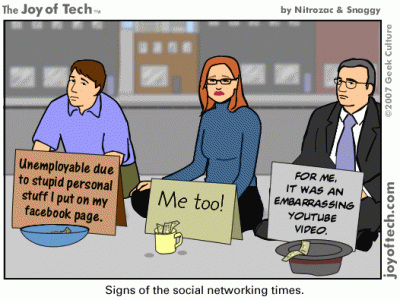 Many of us post to Facebook, perhaps unaware of what can happen to that content and who has rights to it. All of this came to a head a few days ago, as Facebook’s new terms of service (TOS) came to light and were met with a range of reactions from
Many of us post to Facebook, perhaps unaware of what can happen to that content and who has rights to it. All of this came to a head a few days ago, as Facebook’s new terms of service (TOS) came to light and were met with a range of reactions from